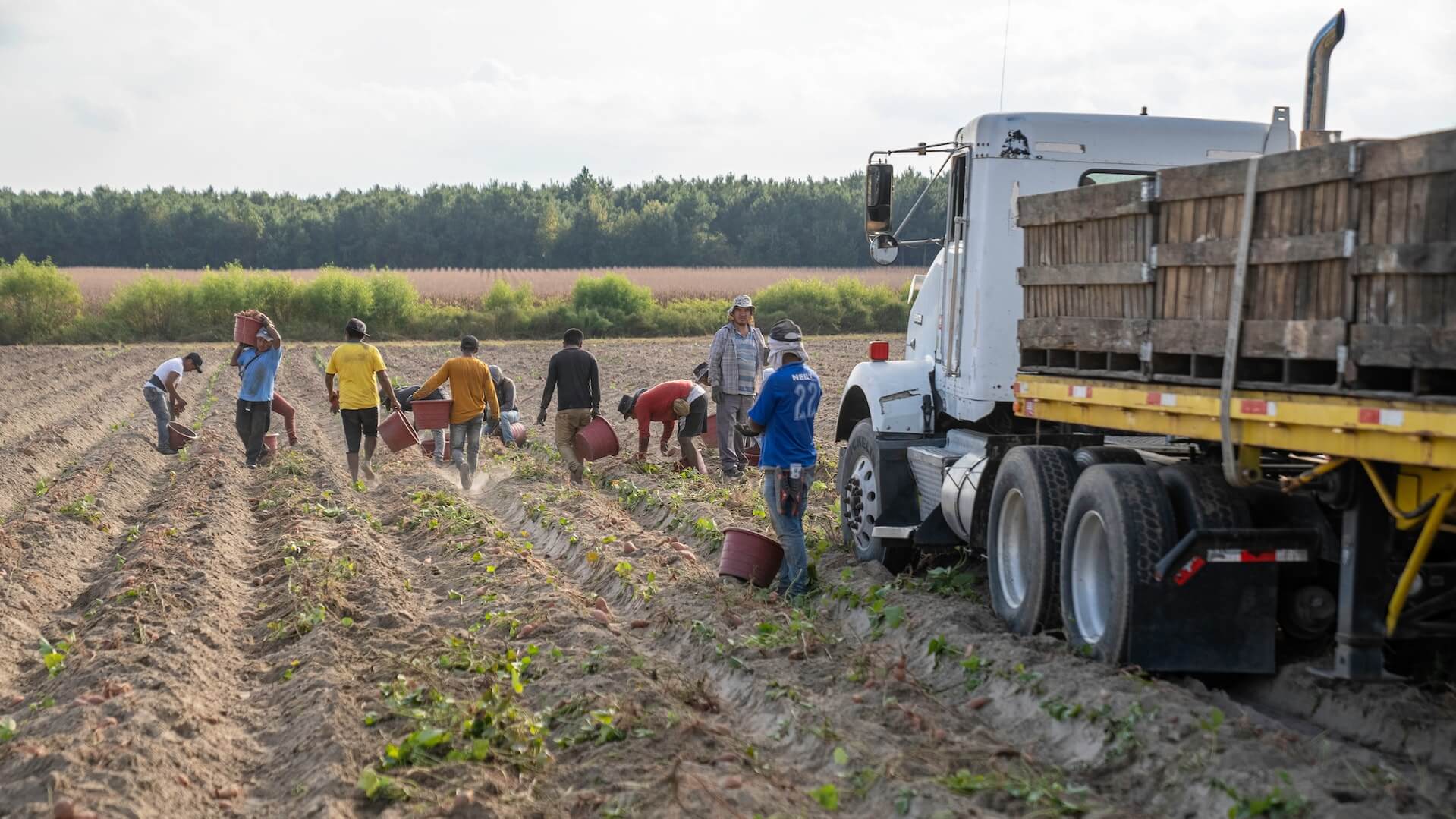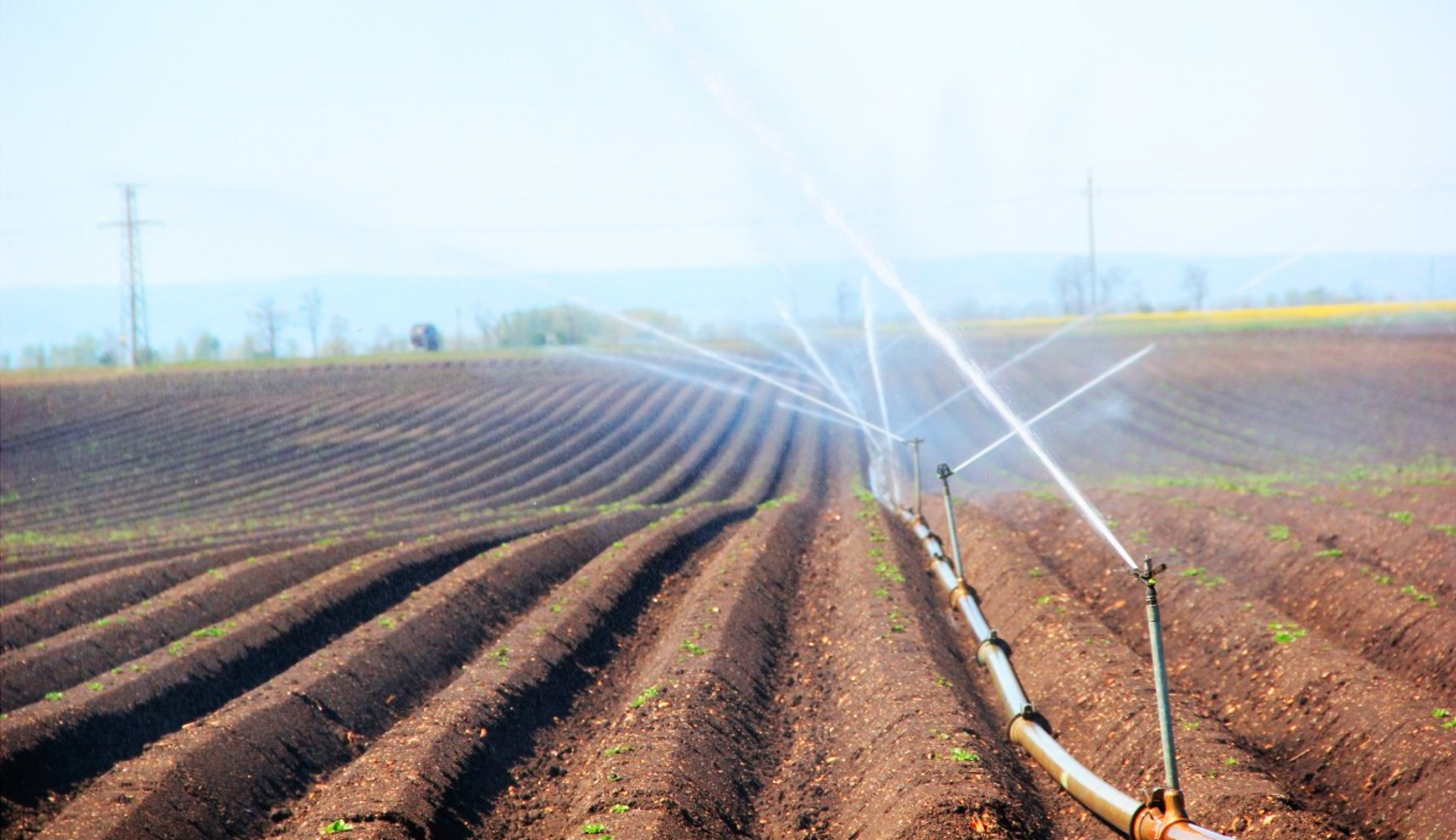The rapid advancement of technology has revolutionized various industries, and the agricultural sector is no exception. AgriTech companies are harnessing innovation to drive efficiency, sustainability, and productivity in farming practices. With the rise of remote and hybrid work models, it is crucial for HR professionals in the AgriTech sector to adapt their practices to effectively support their remote and distributed workforce. In this blog, we dive into the exemplary approach of Elzian Agro , a prominent Agri-Tech company, in adapting HR practices to effectively manage its remote and hybrid workforce.
Embrace Digital Collaboration. To facilitate effective communication and collaboration, AgriTech companies should leverage digital collaboration tools. Platforms like video conferencing, project management software, and instant messaging allow teams to connect, share ideas, and collaborate on projects irrespective of their location. Seamless communication is vital for remote and hybrid teams to work cohesively towards common goals.
Also agritech companies continue to grow and hire talent, remote onboarding and training processes become paramount. Implementing a comprehensive virtual onboarding program ensures that new hires understand the company culture, values, and their roles. Remote training sessions can equip employees with the necessary knowledge and skills to thrive in their positions, promoting professional growth and development.
Clear performance management and goal-setting processes are essential for remote and hybrid employees. AgriTech companies should establish transparent metrics to evaluate performance objectively. Emphasize outcomes and deliverables rather than focusing solely on the number of hours worked. Regular feedback and performance reviews should be conducted using digital tools to align employee goals with organizational objectives.
AgriTech professionals often work in demanding roles, which makes maintaining work-life balance crucial for their well-being and productivity. HR departments should encourage employees to establish boundaries between work and personal life, take regular breaks, and promote self-care. Flexible scheduling options can empower employees to manage their time effectively, resulting in increased job satisfaction and reduced burnout.
Sometimes remote and hybrid work models can lead to feelings of isolation or disconnection among employees. To foster engagement, AgriTech companies should organize virtual team-building activities, recognition programs, and social events. Encourage employees to share their experiences, challenges, and success stories through virtual channels, promoting a sense of community and belonging.
Also employees require adequate technology and infrastructure to fulfill their roles effectively. Ensure that remote workers have access to reliable internet connections, necessary software, and hardware to perform their tasks. HR departments can provide guidance and support for setting up home offices and cybersecurity measures, ensuring data privacy and protection.
This sector is dynamic, and employees need to stay updated with the latest advancements and industry trends. HR should provide opportunities for continuous learning and development through online courses, webinars, and workshops. Encourage employees to pursue relevant certifications or gain specialized skills, enabling them to contribute to the company's growth and innovation.
As Elzian, we believe adapting HR practices for remote and hybrid workforces is essential to nurture a productive and engaged workforce. By embracing digital collaboration tools, implementing robust onboarding and training programs, prioritizing work-life balance, and fostering employee engagement, HR professionals can create a supportive and thriving work environment. With the right HR strategies in place, AgriTech companies can harness the potential of remote and hybrid work models to drive innovation and propel the industry forward.
 Posted on 07 July 2023 - Author (Jithmi Deshanjalee)
Posted on 07 July 2023 - Author (Jithmi Deshanjalee) 


